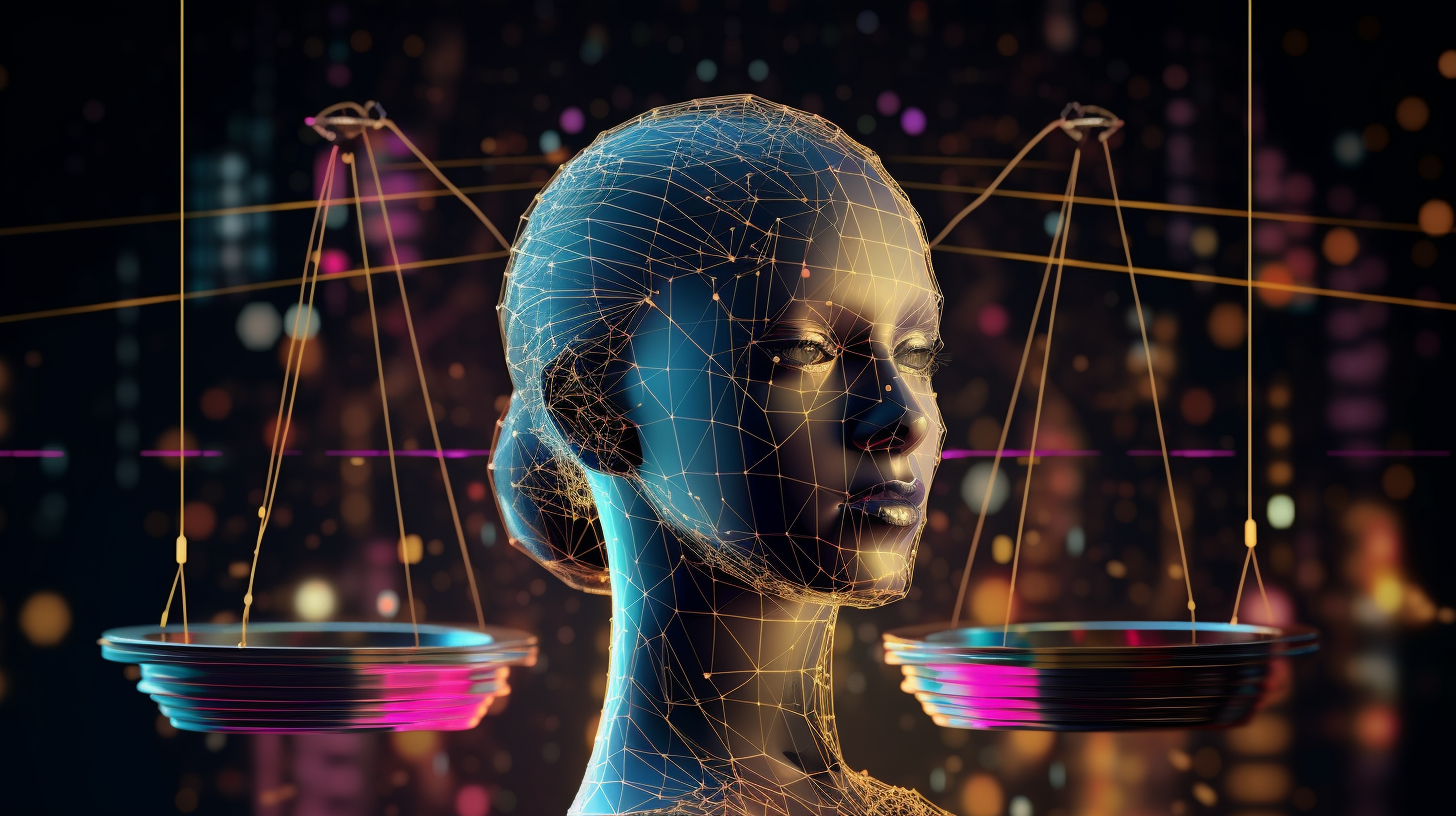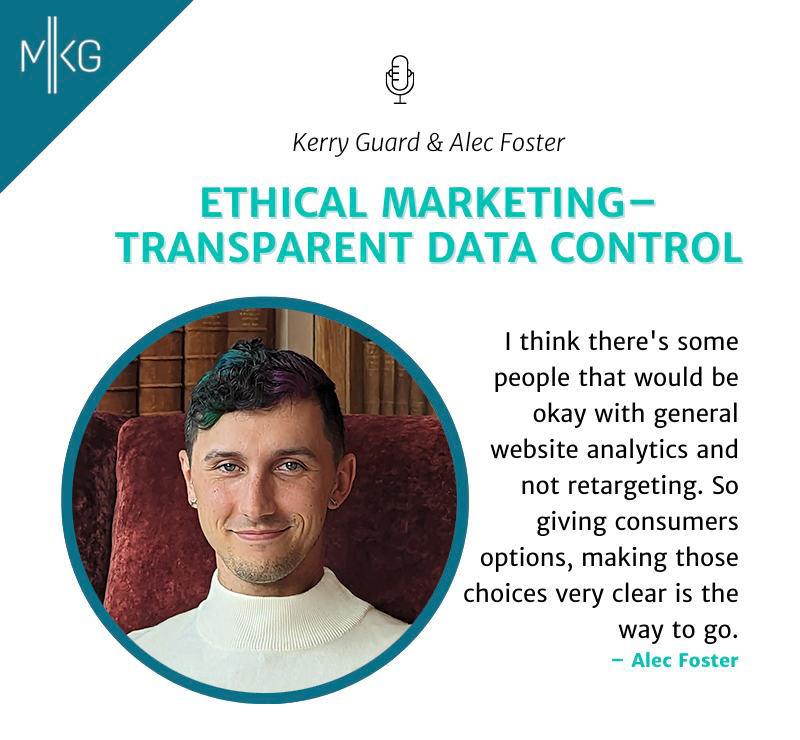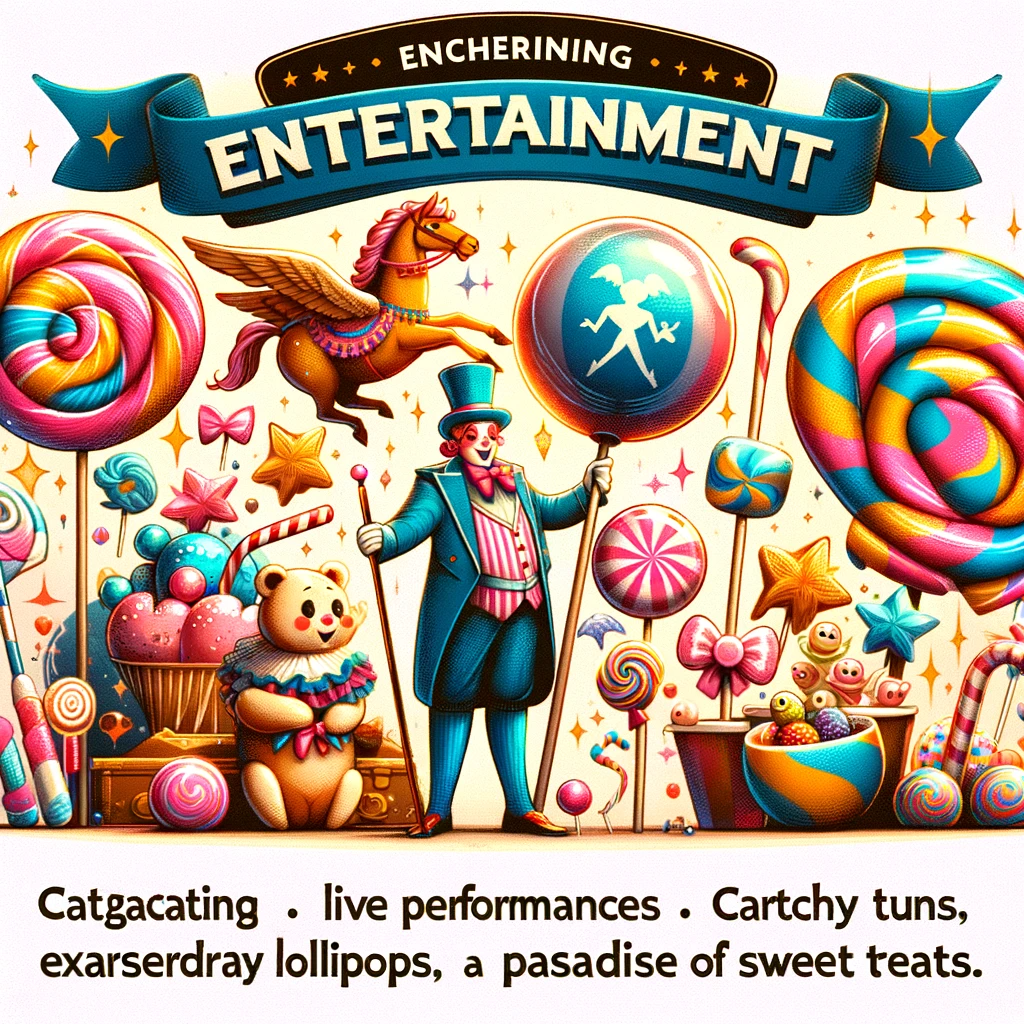Home ➤ Blog ➤ Generative AI, Law ➤ AI Copyright 101: A Comprehensive Guide

AI Copyright 101: A Comprehensive Guide
Alec Foster • 2023-08-09
Generative AI, Law, Guides, Copyright
AI Copyright 101: A Comprehensive Guide
In the fast-paced world of technology, where AI models are swiftly transforming the way we create, the intersection of copyright law and artificial intelligence poses novel challenges. From the marketers' perspective to the legal teams' viewpoints, understanding copyright in the context of AI is critical for any modern business.
Two core issues encapsulate the legal quandary in AI copyright:
- The ability to copyright works generated with AI.
- The use of copyrighted works to train generative AI models.
As an ethical marketer and AI ethics specialist who has completed the CopyrightX course at the Berkman Klein Center for Internet and Society at Harvard, I feel obligated to dissect the legal intricacies and ethical dilemmas surrounding AI copyright. Buckle up as we explore this convoluted terrain!
Issue #1: The Ability to Copyright Works Generated with AI
The US Copyright Office Stance on AI-Generated Works
On March 16, 2023, the U.S. Copyright Office unequivocally ruled that AI-generated works are not eligible for copyright protection, as they are not the product of human authorship. This decision encompasses AI-generated images, writing, videos, and other creations.
This decision hinged on the understanding that a human must author something to own the copyright on it. AI-generated art or text, devoid of significant creative rearrangement by a human, cannot be copyrighted.
Case Study: Zarya of the Dawn
In September 2022, a graphic novel generated with the help of an AI text-to-image generator initially received copyright registration from the U.S. Copyright Office, but a few months later, the work's copyright registration was partially canceled. The images, deemed "not the product of human authorship," were not protected, marking a turning point in how the U.S. Copyright Office views AI-generated art. The USCO's position on AI-generated works has since been clarified in a policy released on March 16, 2023, which coincided with a new initiative to examine the copyright and policy issues raised by AI.
Prediction: A Shift Towards Leniency?
The legal landscape surrounding copyright for AI-generated works is complex, but some experts foresee a potential shift towards leniency in cases involving human guidance. This perspective draws on the legal precedent of ghostwriting, where authorship is attributed to the person commissioning the work, not the actual writer. In ghostwriting, a copyright can be held by the person for whom the work was created, even though they may not have written it themselves. This is based on the idea that the "mind" guiding the writing is the true author. Applying this to human-AI collaborations, copyright may recognize human authorship if substantial human guidance and control can be demonstrated.
This separation between machine and human contributions in AI collaborations could reshape copyright law. Just as in ghostwriting, where the copyright holder is the person who provided the inspiration, direction, or ideas, even if not the words themselves, the key in human-AI collaborations may lie in the attribution of control and guidance. A nuanced legal understanding that recognizes the role of human intervention in guiding AI might lead to more balanced and fair copyright protections. The implications of this shift could extend across creative industries and technology sectors, promoting innovation and collaboration with AI while preserving intellectual property rights.
Collaboration Between Humans and AI
Creative collaborations between humans and machines introduce complex legal issues. If a human exerts significant control or influence over a machine's outputs, copyright may apply to the human-authored part. This recognizes human creativity, even when assisted by algorithms, but the boundaries between human and machine contribution can be unclear.
The line between human authorship and machine's contribution might lead to legal disputes, necessitating clear definitions and perhaps new legal frameworks. Determining what constitutes "significant control or influence" will be central to these legal challenges. As these collaborations become more common, the legal community will need to find a balance between protecting intellectual property and fostering innovation.
Risks in Internal and Outsourced Use of Generative AI
Companies and agencies must navigate the intricate landscape of copyright when engaging with AI-generated works, particularly under work-for-hire agreements. Misunderstandings about ownership and authorship can lead to legal challenges. The boundary between human and AI contributions must be clear, as any content produced solely by AI without human influence is not subject to copyright. This makes defining what constitutes "significant human influence" a central issue.
The absence of copyright in works generated solely by AI presents a huge risk for businesses. For instance, if a company's internal team or a creative agency uses generative AI to produce works they plan to monetize, such as a t-shirt design, a book, or an online course, without significant human influence, others can legally copy and sell those works. This scenario underscores the importance of establishing clear agreements and understanding the legal framework surrounding AI-generated content. Companies must take deliberate steps to ensure they retain ownership of the intellectual property they intend to monetize.
Issue #2: The Use of Copyrighted Works to Train Generative AI Models
Fair Use Law and AI Training
While I expect this issue to evolve over the coming months and years, my current understanding is that copyrighted materials can be used to train AI models, thanks to the fair use law. This law permits using copyrighted material under specific conditions without the owner's permission, typically for purposes such as criticism, comment, news reporting, teaching, scholarship, or research. However, pending lawsuits may challenge this stance, as using copyrighted works to train generative models could potentially be seen as commercial exploitation. Companies must be vigilant in monitoring legal developments, and should consult IP lawyers to understand how the ever-changing landscape of fair use law applies to their specific use of AI models.
Ethical and Legal Challenges
Generative AI raises complex questions about ownership, fairness, and creativity. AI systems are often trained on extensive human-made works, much of which are copyrighted. Reconciling this technology with the intricacies of U.S. copyright law presents a labyrinthine challenge. The very act of training an AI system on copyrighted material may be seen as derivative, potentially infringing on the original creators' rights. While some argue that AI training on such works is transformative and thus falls under fair use, others believe it may lead to dilution or misappropriation of the original content. Ongoing debates and future legislation may shape the legal boundaries of this issue.
Customer Privacy and Legal Protections
Companies should always strive to use AI in a manner that respects both copyright law and customer privacy. Leaders must be cautious with AI tools accessing sensitive data to prevent accidental leaks or violations of privacy protections. A concrete example of this challenge occurred when Samsung workers accidentally leaked trade secrets via ChatGPT by asking it to debug proprietary and confidential code. It illustrates the need for robust security measures and clear internal guidelines around the use of AI, especially when handling confidential information and customer data that was obtained for unrelated purposes. Balancing the drive for innovation with the need to maintain legal compliance and safeguard customer privacy is a nuanced task that requires careful planning and oversight.
Respect for Original Art and Creativity
At the core of legal discussions around AI-generated works is the question of whether reproductions of specific art styles can be copyrighted. These issues provoke a broader debate about the nature of creativity and the value of originality in art. AI's ability to mimic and reproduce existing artistic styles pushes the boundaries of copyright law and prompts questions about how to honor and protect the original works. Respect for original art and creativity must guide legal decisions, and companies would be unwise to ask AI to replicate artistic styles amid the current legal uncertainty.
If you're an artist, you can use the website Have I Been Trained? to check if their images are in the LAION-5B training data set, which I mentioned in the last edition of my newsletter on AI-Generated Imagery's Ethical Considerations and Potential.
The Blurry Lines of Collaboration and Innovation
With the rise of AI-human creative collaborations, defining authorship and eligibility for copyright protection becomes a multifaceted challenge. The traditional elements of authorship are tested by AI's role in the creative process, leading to ambiguities around ownership and rights. Collaboration between AI and human creators allows for efficient innovation, but it also raises questions about who or what qualifies as an author. Companies engaging in such collaborations must be acutely aware of the legal nuances, as missteps could result in disputes or litigation. Understanding how copyright law applies to these innovative partnerships is essential for harnessing the potential of AI while avoiding legal pitfalls.
Final Thoughts
The intersection of AI and copyright law is a dynamic and evolving field that demands careful navigation by companies, legal teams, and creative professionals. Open dialogue and collaboration between marketers, legal experts, and ethicists are vital to forge a path that honors creativity, innovation, and the rule of law.
The ability to copyright AI-generated works and the use of copyrighted works to train AI models are not merely legal discussions but also ethical dilemmas that reflect our values as a society. The way we approach these questions today will shape the future of creativity and technology.
Although I understand the implications of AI in various fields, this post is not legal advice. I emphasize that the conversation around AI copyright needs continuous exploration, reflection, and adaptation to ensure that we harness the potential of AI without undermining the principles of intellectual property and ethical creativity.


